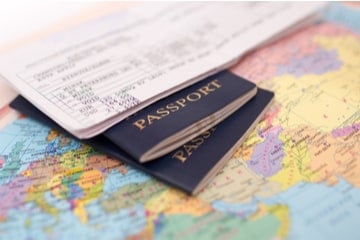"When traveling across Asia, you'll experience different countries, languages and cultures. When crossing a lot of borders, it's important to research any visa requirements and health notices for each country, as they can vary significantly.
"When traveling to Asia, getting travel insurance with the right level of cover is important. Medical costs vary across the continent, so it's important to have insurance that covers medical treatment, evacuation, and repatriation. It might also be a good idea for your policy to include cancellations, delays, as well as lost or stolen baggage, especially if you're travelling to different countries in Asia."








